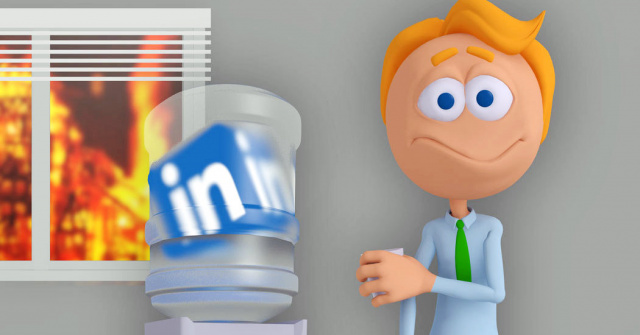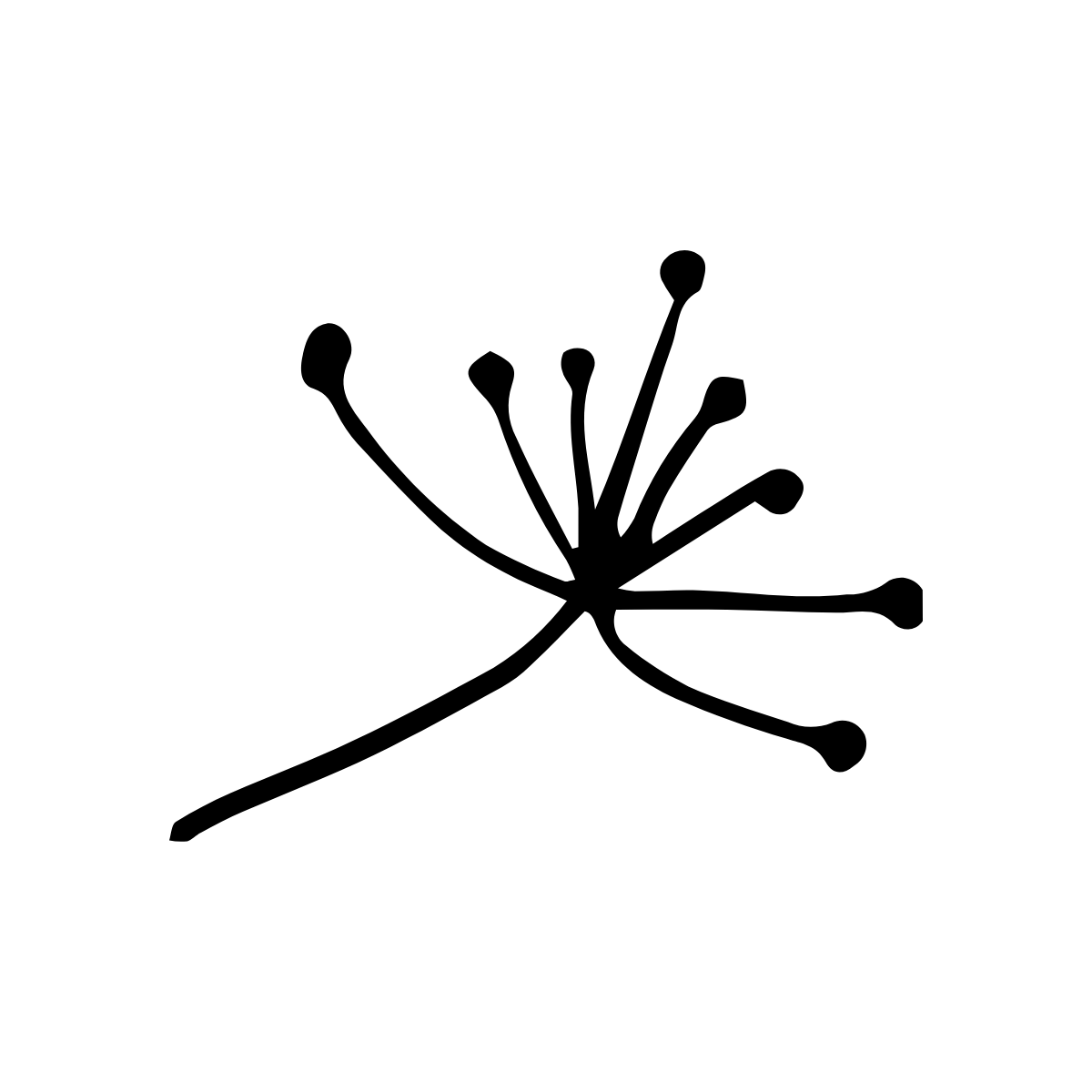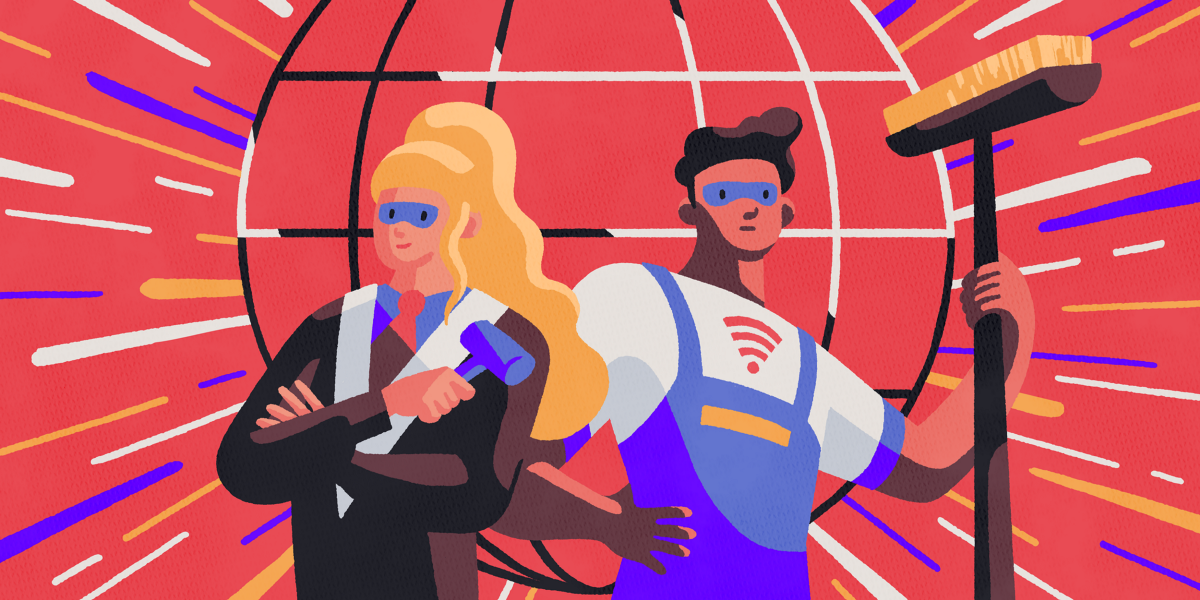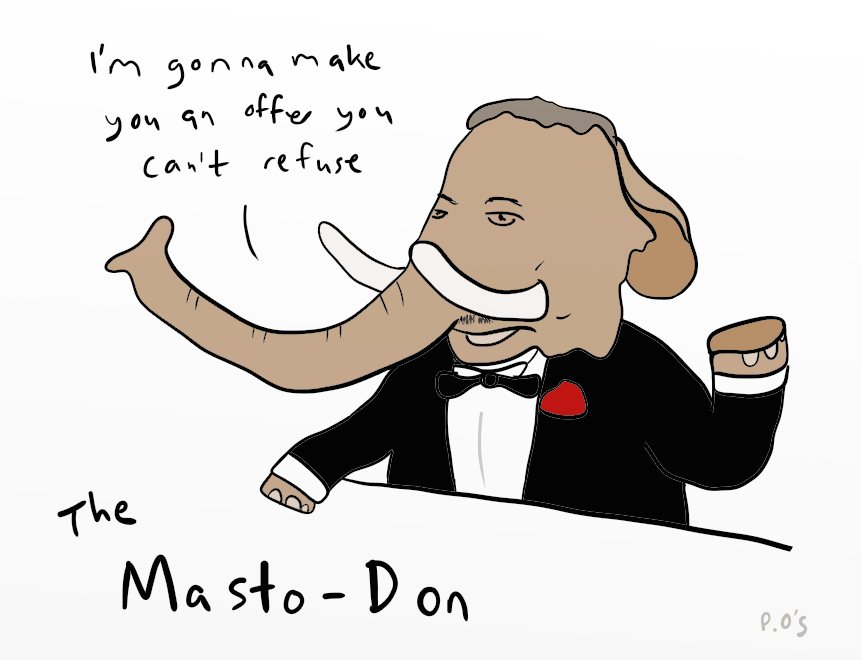Last year around this time I talked about trying to stop contributing to corporate social media:
Facebook-Free in Twenty Eightee-n. That went ok. I stopped using Instagram altogether. I posted three pictures to Facebook in 2018. I deleted my Twitter account in August (
Twitter Breakup) and then went back and claimed my username so it couldn't be used for evil. (I got my username back too late to save the 11-year archive which is mildly annoying—but also ok.) And I do still read Twitter ocassionally through a significantly smaller window. I didn't post to Flickr at all. (That might change now that they're under new ownership.)
So that's some kind of progress. How is my current relationship with social media? To put it in meme terms:
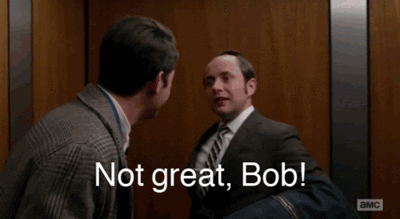
Leaving social media does not make it go away. If you work on the web in any capacity (I do), the big sites like Facebook, Twitter, and Google are omnipresent. It seemed like each week of 2018 brought a
new jaw-dropping revelation of Facebook mismanagement. Google
leaked user data, hid it, and employees were
in the streets asking for fair working conditions. Twitter is a
platform for Nazis because they incentivize engagement above all things and
do not adequately handle abuse. I agree with Anand Giridharadas who posted
this Twitter thread: "Trying to fight a predatory, politically connected monopoly through heroic personal responsibility doesn't work." We need regulation.
So that's depressing! I wouldn't call it heroic responsibility, but I did change my online habits quite a bit in 2018. I now read and post social messages via
Mastodon which is a distributed kinder, gentler Twitter. I wish more people would make the switch so I could close my Twitter reading window altogether. I stopped posting photos online which is something I used to enjoy. I'll make an effort to post them here more frequently.
In October I did start posting more frequently to this site which means I also started paying more attention to my site metrics. Last week I made a snarky post about Google Analytics which was my poor way of processing this. I deleted it because the fact is, Google Analytics is a necessary tool if you work on the web. Necessary, but I don't like the way it turns people into numbers. So that's a tension I'm trying to live with and the answer might be that I shouldn't use web marketing tools for personal projects. I'd like to have a way to know if what I'm writing here is being read and resonating, but not if it means getting alerts and notifications that traffic is dropping, engagement is lower, and people are bouncing away forever. There has to be a more humane way to visualize and engage with web audiences.
My wish for social media in 2019 is for new leadership at all of the major web companies. I don't think we'll ever see them disappear, nationalized, or regulated in a meaningful way. I'd like them to have a less central role in how we create and share online. I think some new leaders could steer the companies away from growth-at-all-costs toward a more ethical relationship with users. I'd like to see them usher in the
era of maintenance! That's where they take the amazing tools they've built and optimize them to work within society.
